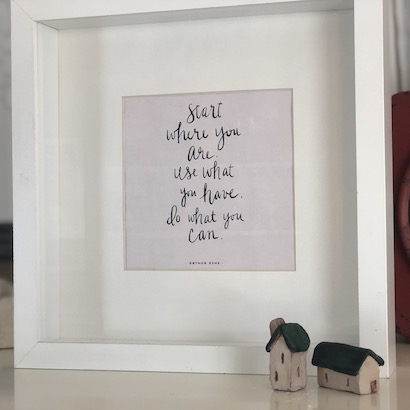Anchored
Relational Model
The Anchored
Relational Model
What is the Anchored Relational Model ?
The Anchored Relational Model is an evidence-based neuro-developmental therapeutic approach to give people who have experienced complex trauma the freedom and resources to engage fully with themselves and in relationships with others.
The Anchored Relational Model has been developed over the past 20 years by Patti Miller MA, LP and Phyllis Solon PsyD, LP. To learn more visit the Anchored Relational Training Institute.
How does the Anchored Relational Model work?
For all people, regardless of trauma, neural networks form in a developmental sequence and are impacted by environmental and relational experiences. Trauma affects how networks of emotion, thought, and perception are formed and neurologically embedded in the brain and body.
Through the Anchored Relational Model, healthy connections are strengthened in the brain, increasing clients’ abilities to manage automatic fear and numbing responses, the flight/fight/freeze response, which were adaptive to survival.
Who can I see for Anchored Relational Model Resourcing?
The Anchored Relational Model trained therapists:
The Anchored Relational Model
What is the Anchored Relational Model ?
The Anchored Relational Model is an evidence-based neuro-developmental therapeutic approach to give people who have experienced complex trauma the freedom and resources to engage fully with themselves and in relationships with others.
The Anchored Relational Model has been developed over the past 20 years by Patti Miller MA, LP and Phyllis Solon PsyD, LP. To learn more visit the Anchored Relational Training Institute.
How does the Anchored Relational Model work?
For all people, regardless of trauma, neural networks form in a developmental sequence and are impacted by environmental and relational experiences. Trauma affects how networks of emotion, thought, and perception are formed and neurologically embedded in the brain and body.
Through the Anchored Relational Model, healthy connections are strengthened in the brain, increasing clients’ abilities to manage automatic fear and numbing responses, the flight/fight/freeze response, which were adaptive to survival.
Who can I see for Anchored Relational Model Resourcing?
The Anchored Relational Model trained therapists:

“Your history is not your destiny.”
—Phyllis C. Solon, Psyd LP

“Your history is not your destiny.”
—Phyllis C. Solon, Psyd LP
